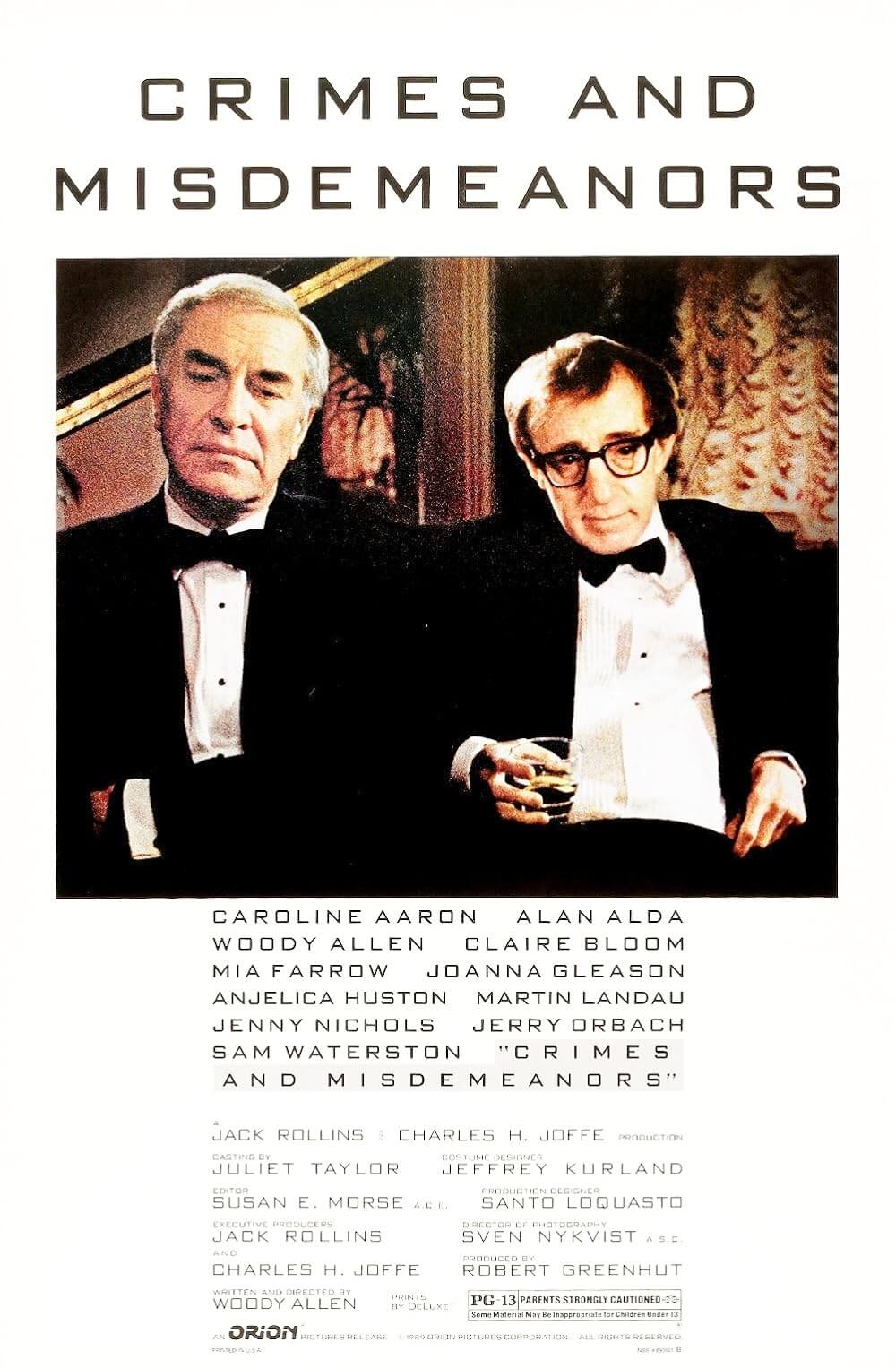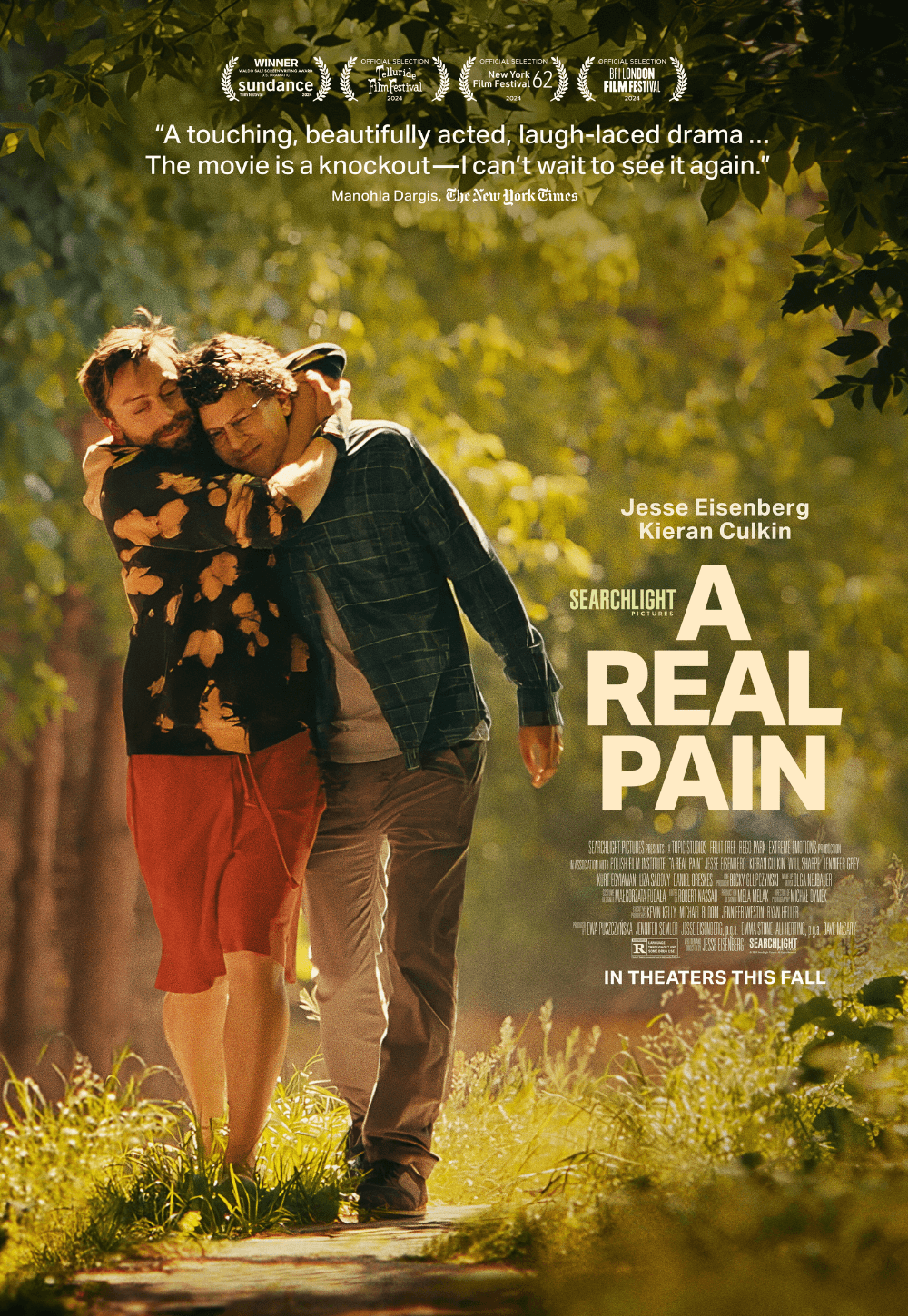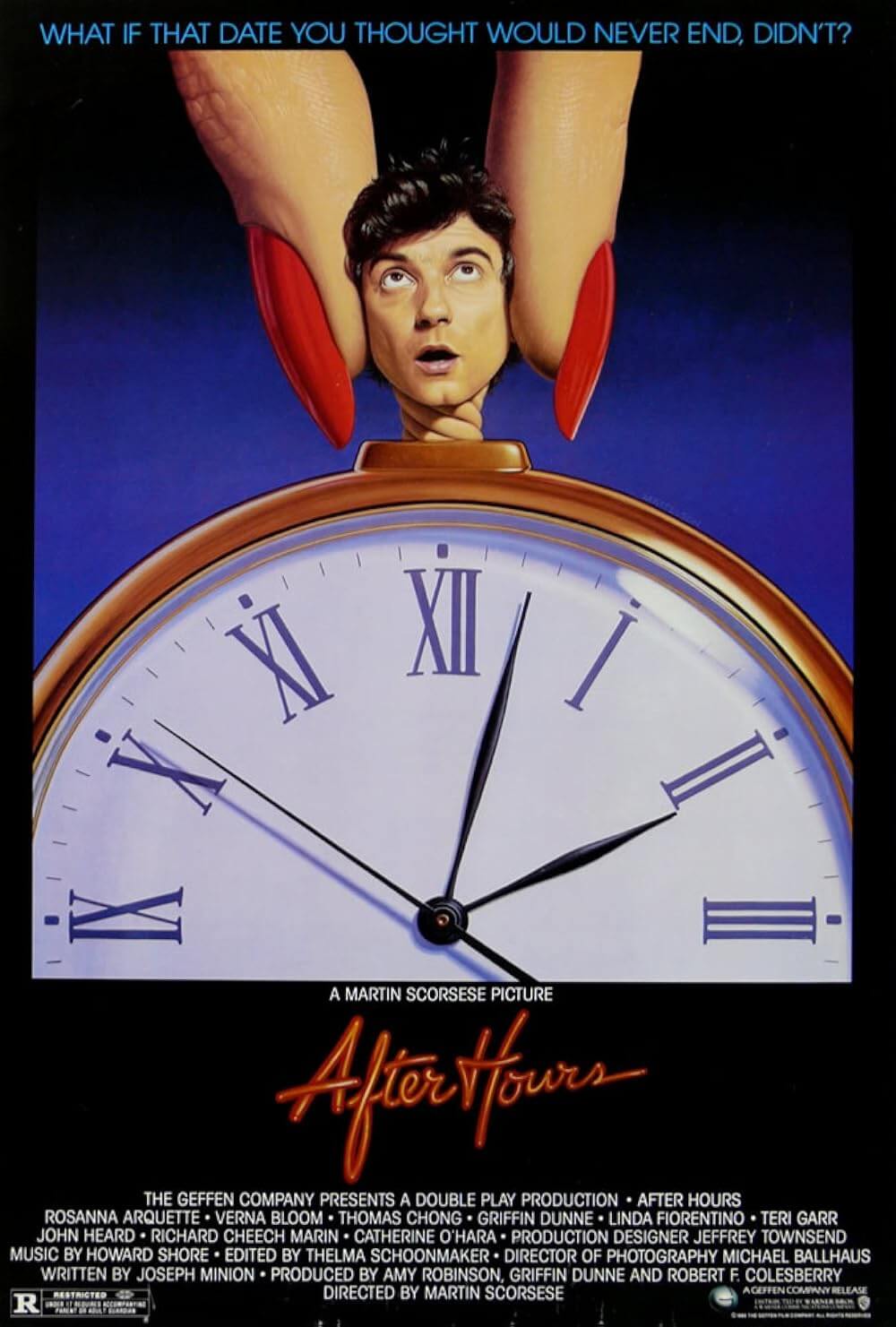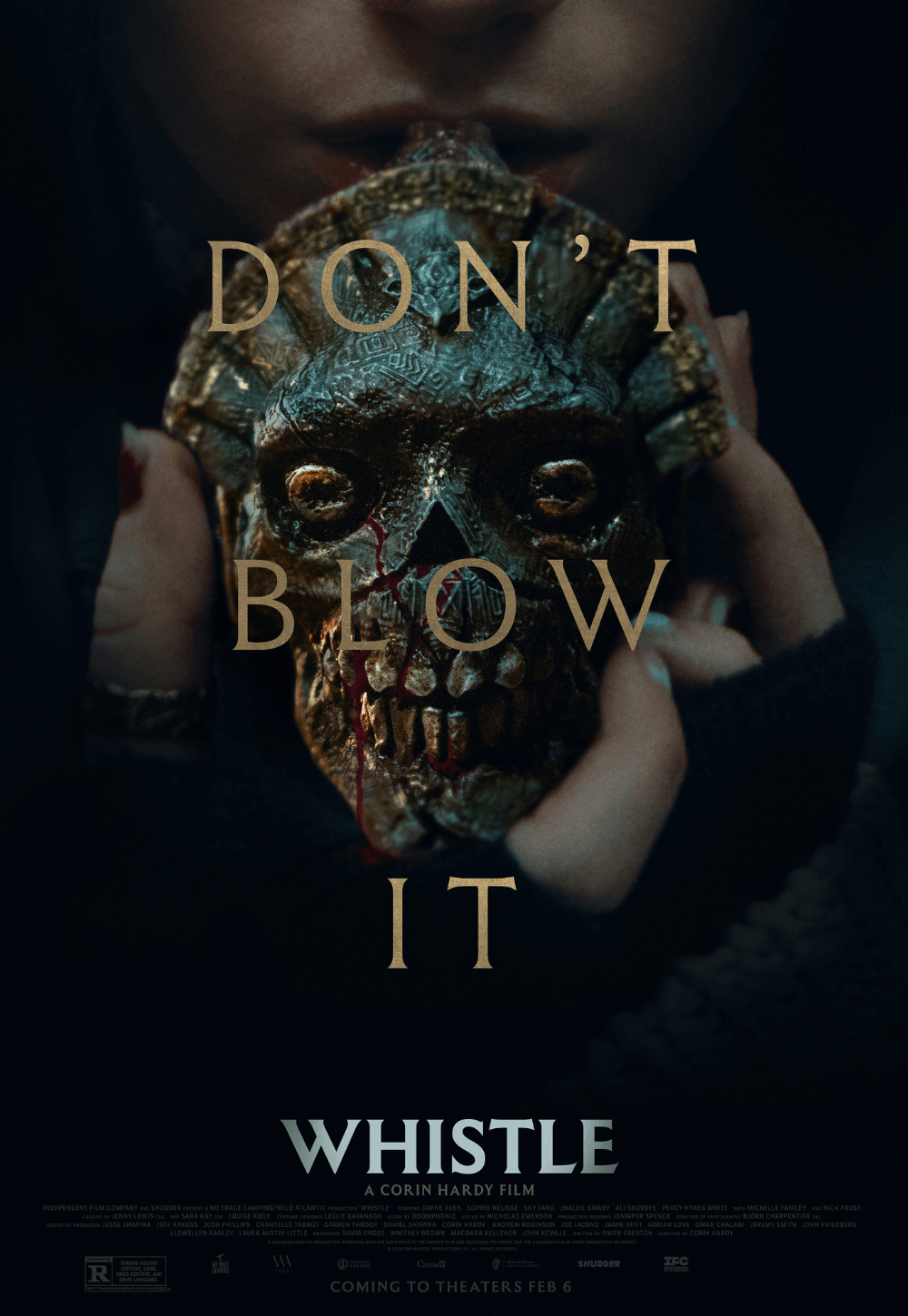Short Takes

Freaky Tales
By Brian Eggert |
“Oakland in ‘87 was hella wild.” After their MCU experience with Captain Marvel (2019), filmmaker duo Anna Boden and Ryan Fleck explore a punkish ode to Oakland in Freaky Tales, an anthology set in 1987 that doubles as an homage to the green-glowing alien energy of Repo Man (1984). Adopting a nonlinear structure of overlapping stories, clearly derived from Pulp Fiction (1994), this out-there affair has a delightfully rebellious energy and haphazard style that could hardly be called consistent. However, the slipshod result offers plenty of throwback fun, whether exploring music battles or the cinematic joy of seeing neo-Nazis receive their comeuppance, even if the filmmakers’ influences prove too obvious to feel original, inspired, or even particularly innovative.
The four tales offer thematic throughlines and recurring characters, such as Ben Mendelsohn’s creepy racist cop; Sleepy Floyd (Jay Ellis), the NBA player and spokesperson for Psytopics, a school for mastering cosmic energy; and several references to “that actor from Oakland,” Tom Hanks, who makes a brief cameo. Otherwise, Oakland remains the main connective tissue. In the first story, a community of anti-fascist punk rockers defend their club from a gang of skinhead neo-Nazis (think Green Room, 2016), using force that might seem excessive if Nazis didn’t innately deserve a good thrashing. The second follows two rappers (Normani, Dominique Thorne) in a staged rap battle. The third involves a criminal enforcer (Pedro Pascal) set for retirement, until his pregnant wife takes a bullet. And the final tale finds Sleepy Floyd unleashing hell on the racist, corrupt assholes who killed his girlfriend.
Boden and Fleck deploy a hodgepodge of styles drawn from obvious antecedents, offering a different aspect ratio for each story, sometimes with a scratchy VHS filter, sometimes without. At times, they include 1960s-brand Batman violence with onscreen exclamations (“Arrrgh”), and at others, their film looks like a Quentin Tarantino pastiche. Cinematographer Jac Fitzgerald keeps the visuals varied, even falling over at one point, as though the movie were shot by a camera operator in the diegesis. If its techniques and stories don’t offer much novelty, the playful energy, fantastical flourishes, and casting make for an enjoyable watch. And at this moment in US history, Freaky Tales boasts a refreshing enthusiasm dishing out punishment to intolerant bullies (“People need reminding—there ain’t nothing cool about being a Nazi.”) with its bookend stories.
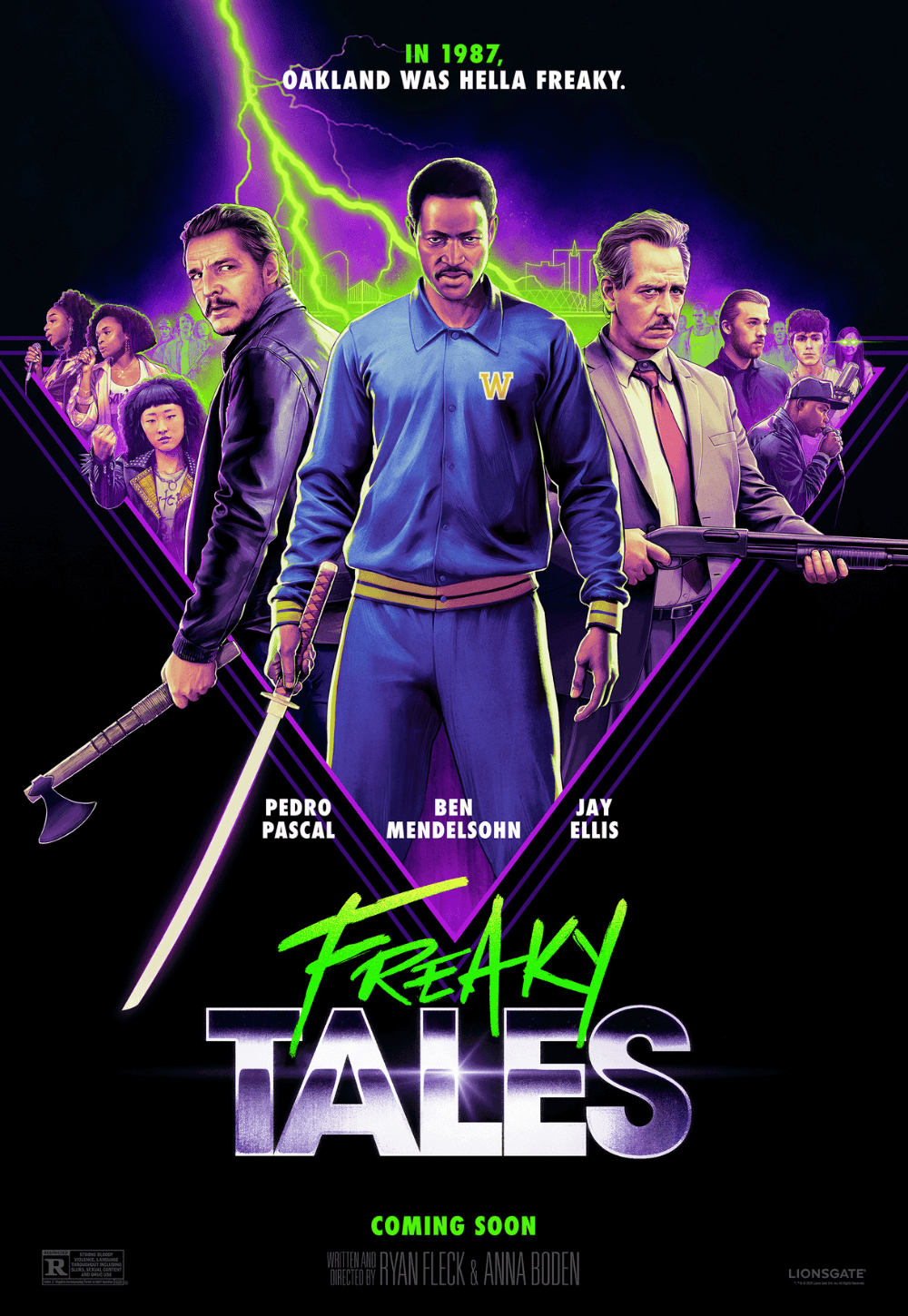
Thank You for Supporting Independent Film Criticism
If the work on DFR has added something meaningful to your love of movies, please consider supporting it.
Here are a few ways to show your support: make a one-time donation, join DFR’s Patreon for access to exclusive writing, or show your support in other ways.
Your contribution helps keep this site running independently. However you choose to support the site, please know that it’s appreciated.
Thank you for reading, and for making this work possible.
Brian Eggert | Critic, Founder
Deep Focus Review


